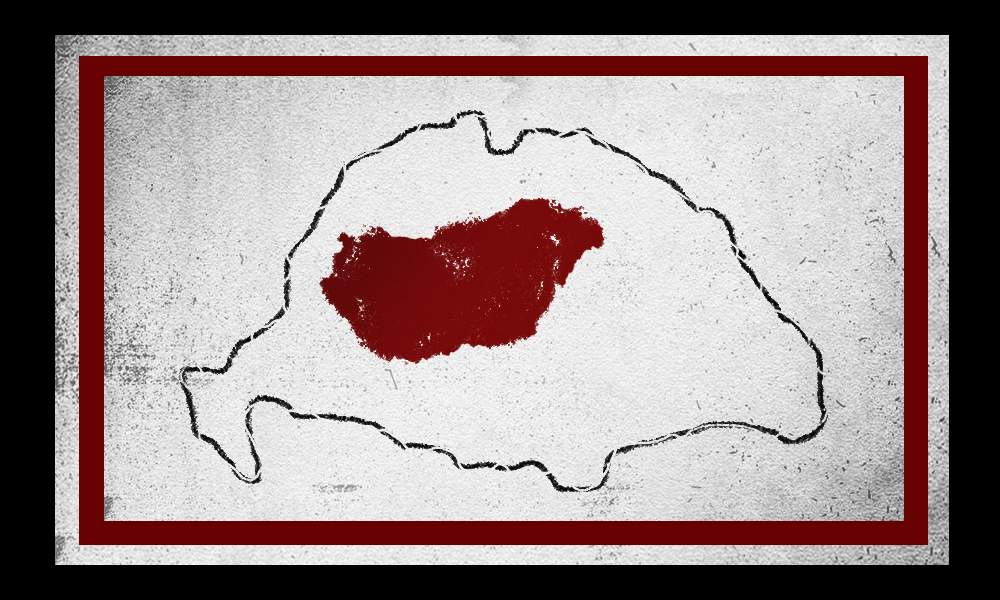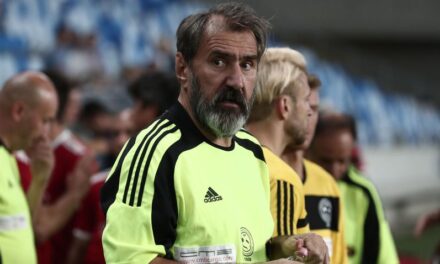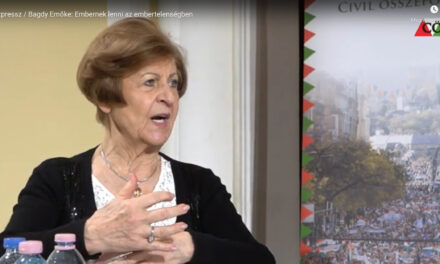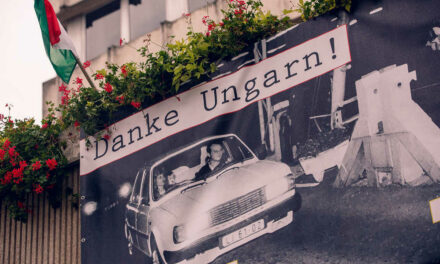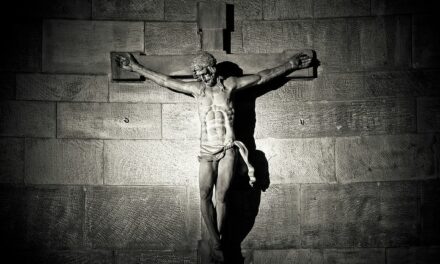For me, Trianon does not only mean the past. How could we turn our backs on it if we have to face its consequences every day? Written by István Mácsadi.
We, the Hungarians stuck abroad, can feel the pain of Trianon much better, since World War II. After World War II, thousands of highland families were deprived of their human rights. Shoved into unheated cattle cars, they had to leave their beloved homes overnight with 40 kilo packages.
The wider world did not have a single word against the way Hungarians are treated.
Like lambs among wolves, they were taken among the Czechs. The newcomers who came to their place did not respect the customs of the place and tried to destroy the memory of the original owner. To this day, Slovakia, which calls itself a pigeon-hearted nation, sometimes destroys many of our monuments like the Taliban. As a member of the Carpathian Basin state-creating nation, we are treated as second-class citizens in the successor states of the Holy Crown. With our native language restricted and our national symbols banned, it is revealed almost daily about our great men, kings and ancestors that only Slovak blood ran through their veins.
As long as a significant part of the majority nation turns to Beneš's ghost with as much trust as Hamlet to his father's ghost thirsting for revenge, Trianon lives on, and we experience Trianon's effects on our own skin.
On November 1, 2008, on All Saints' Day, it happened in Dunaszerdahely that faces armed to the chin attacked us, peaceful fans, like sadistic animals. Since then, the police have not shown the video recordings that would have "proved" the legitimacy of the harsh action, which only proves that a pre-planned beating of Hungarians took place. The result of the Dac-Slovan match at that time: eleven injured, thirty-one substituted.
The victims, whose only crime was being Hungarian, were transported to hospitals with the help of ambulances and helicopters.
A university girl was brutally beaten in the city of Nyitra, who spent years recovering from the beating injuries and post-traumatic stress, which was further aggravated by public shaming and constant police pressure to admit that she had made up the attack. He was indicted during the Fico-led government, and even despite the World Psychiatric Association's resolution, the prosecution wanted to lock him up in a mental institution.
Of course, people with controlled thinking and driven by the compulsion to conform turn a blind eye to this, while articles portraying Hungarians in a negative light appear regularly in the Slovak press. Viktor Orbán and through him constantly create an atmosphere by demonizing Hungarians, which is also reflected in everyday political events.
Slovak politicians, working hand in hand with the Slovak press, are careful to play the Hungarian card.
They are afraid that it will get dusty, so sometimes they take it out of the drawer, look at it, dust it, and then put it back, but not at the bottom of the drawer, since it must always be at hand, who knows when another anti-Hungarian attack will be necessary.
Rastislav Káčer, a Hungarian-hater and ex-foreign minister, ranted and raved all the time. According to him, in the event of a possible Russian victory, Hungary would also lay claim to the territory of today's Felvidék.
The situation is that nowadays the possibility of changing the borders is kept alive in Slovak public opinion not by nationalists and sovereignists, but by liberals and progressives interested in the abolition of nation-states, often representing foreign interests. They try to thematize public life with stories that a significant part of the comfortable Hungarians in the highlands gave up on a long time ago.
It is an irrefutable fact that Hungary, mutilated at Trianon, suffered injustice.
If we look through the XX. century history, we have been hit by many misfortunes. However, 103 years have passed since Trianon, and yet we are here, depleted but not broken. This is a testament to Hungarian vitality.
Today, thanks to God, we do not have to sacrifice our blood and earthly life for our country. In any case, we would rather be active, diligent, and live for our community and our homeland than to pour our lives for it.
Nowadays, we have only one mission: To live our Hungarianness, to pass on our heritage!
Let's do it this way!

